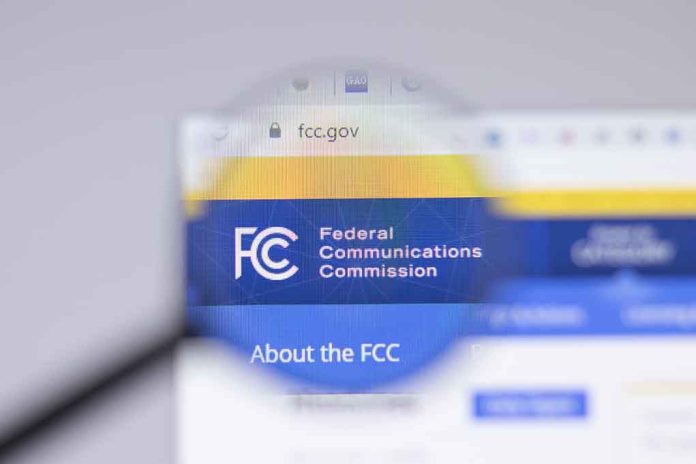
(NewsSpace.com) – In 2021, lawmakers passed the Infrastructure Investment and Jobs Act. One of its main purposes was to inject money into failing infrastructure across the country. It was also designed to ensure that Americans, no matter where they lived, had access to high-speed internet. As part of the legislation, the Federal Communications Commission (FCC) was required to adopt new rules “to ensure that all Americans have equal access … without discrimination based on the characteristics listed in the statute.” It had to meet this condition by Wednesday, November 15—and it did. However, some are concerned that the rules may lead to more governmental control over the Internet.
An October 25 report and order issued by the FCC detailed what the rules would entail. The framework seeks to eliminate discrimination when it comes to high-speed internet services, ensuring that even those in low-income areas have access to the service. It would also give the agency the power to investigate and review discrimination claims and to help overcome digital inequities and the “digital divide,” which refers to communities that have a complete lack of access to the internet.
Naturally, after reading through it, many had strong opinions on the matter. One of those who spoke out against the White House’s plans to implement nationwide internet rules is FCC Commissioner Brendan Carr. On November 6, he posted on X, formerly Twitter, about the devastating effects the plan would have, calling it a “power grab” by the Biden administration.
Next week, the FCC will vote on President Biden’s plan to give the Administrative State effective control of all Internet services and infrastructure.
I oppose President Biden’s sweeping, unprecedented, and unlawful plan.https://t.co/m4EE4s4d4B pic.twitter.com/ZMafDVG6Cd
— Brendan Carr (@BrendanCarrFCC) November 6, 2023
For one, the rules, Carr claims, “would give the federal government a roving mandate to micromanage nearly every aspect” of the internet’s functions. This includes limiting the services customers can buy, controlling how service providers (ISPs) allocate capital, market, and advertise, as well as where they build and the discounts they can offer to consumers. Some claim it’s an effort to bring back net neutrality, a principle that demands the internet give consistent access to content across the board, free of preferential treatment. This was rescinded during former President Donald Trump’s administration.
The FCC voted 3-2 to ratify the rules.
Copyright 2023, NewsSpace.com










